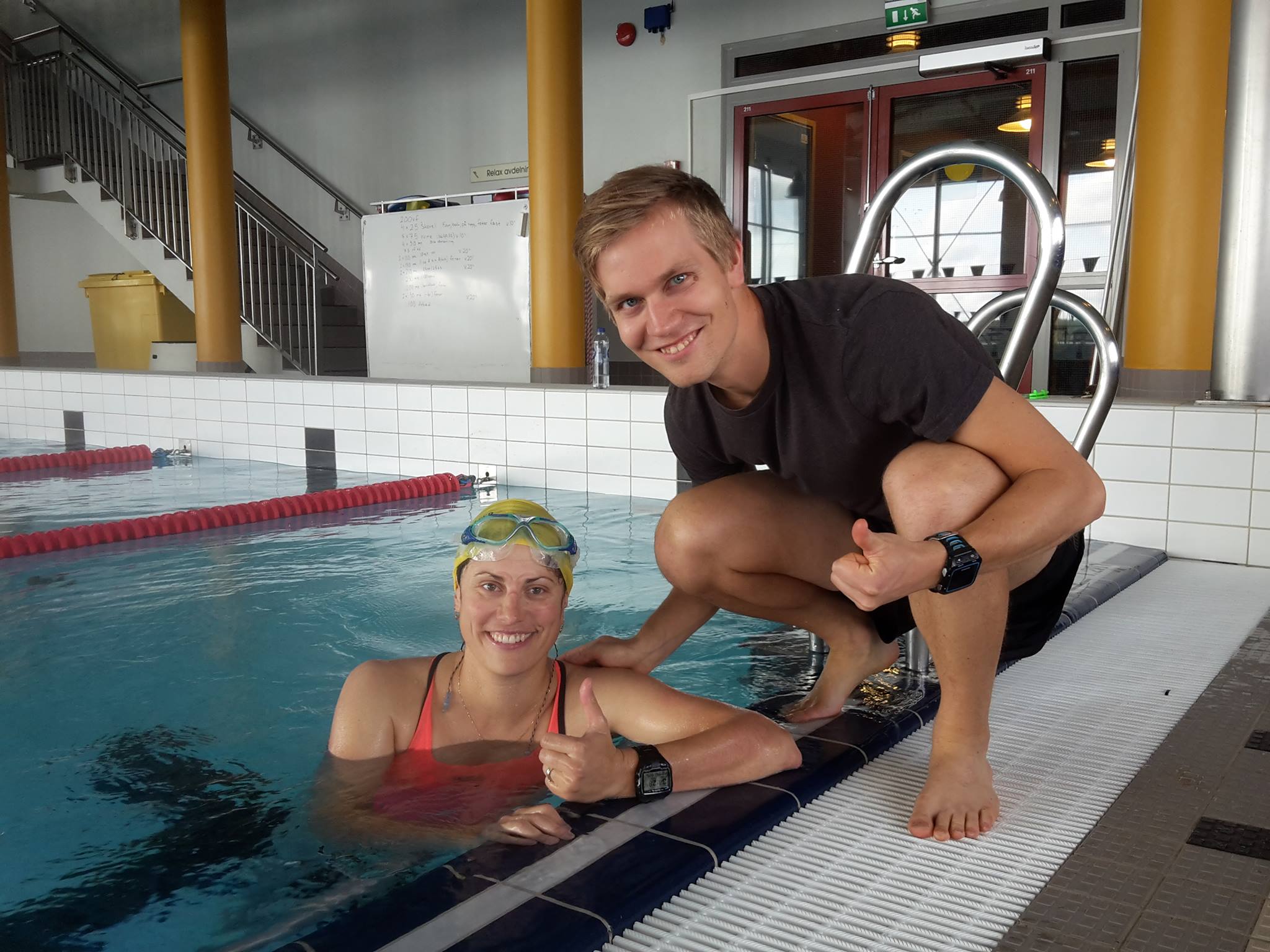
27 Aug Endurance Innovation 67 – Mikael Eriksson on the Value and Pitfalls of Devices
Friend of the show, podcaster, and coach Mikael Eriksson joins us this week for a conversation about training devices, tools, and systems that help and those that hinder our training journeys.
Endurance Innovation is now on Patreon! Have a peek at our page and show us some love.
- 4:00 is training tech driving improvement at high levels of endurance sport?
- 5:00 proliferation of training data and data acquisition devices helps coaches first, with a trickle-down effect for self-coached athletes
- 9:30 performance tracking devices (watches / bike computers), heart-rate monitors, and power meters
- Mostly beneficial in training, but still useful in racing
- Sensor reliability is affected more in RF ‘noisy’ environments
- Stryd power meter or well-calibrated footpods can be more accurate for distance and pace
- 17:45 the value of advanced running and cycling metrics like L/R balance, GCT, stride length, torque smoothness, etc.
- No evidence-based value in tracking these metrics. No evidence for effective interventions to make positive changes to performance
- Many of these add-on metrics are marketing tools for product differentiation
- 28:15 tracking and planning – training diary – programs
- Essential for any serious athletes
- Very important to log subjective comments and RPE along with the physiological data pulled from recording devices + sensors
- Record RPE immediately after the workout
- Watch / head unit integration is very handy
- No need for most athletes to delve into high-end analytics packages like WKO and Golden Cheetah
- 39:30 HRV and other recovery / ‘readiness to train’ tools
- Useful for trend rather than acute – day-to-day – analysis
- Some doubts in validity of studies showing efficacy
- Little value in measuring live or all-day HRV
- Sleep trackers not accurate and not very useful
- 50:30 Garmin’s recovery advisor / VO2max / fitness / calorie measurement tools
- DO NOT USE!
- 54:45 Michael is not a fan of Strava
- 57:45 performance testing: lactate / VO2max
- Find a reputable lab to do any testing, so ask questions and do your homework
- 4’ minimum step duration for lactate testing. 5’ and 6’ also common
- Repeatability is key, so try to use the same lab and the same equipment for subsequent tests
- INSCYD testing is great for repeatability, accessibility, and data quality\
- 1:08:00 aerodynamic sensors
- Not yet suitable for individual endurance athletes
- Other aero testing is potentially very useful
- A good bike fit goes a long way towards improving aerodynamics
- KEEP YOUR HEAD DOWN!
- 1:13:00 swim video analysis can be quite useful
- The 4 key views: above, side above water, side below water, front below water
Check out Scientific Triathlon and listen to Mikael’s excellent podcast That Triathlon Show at your favourite provider.





No Comments